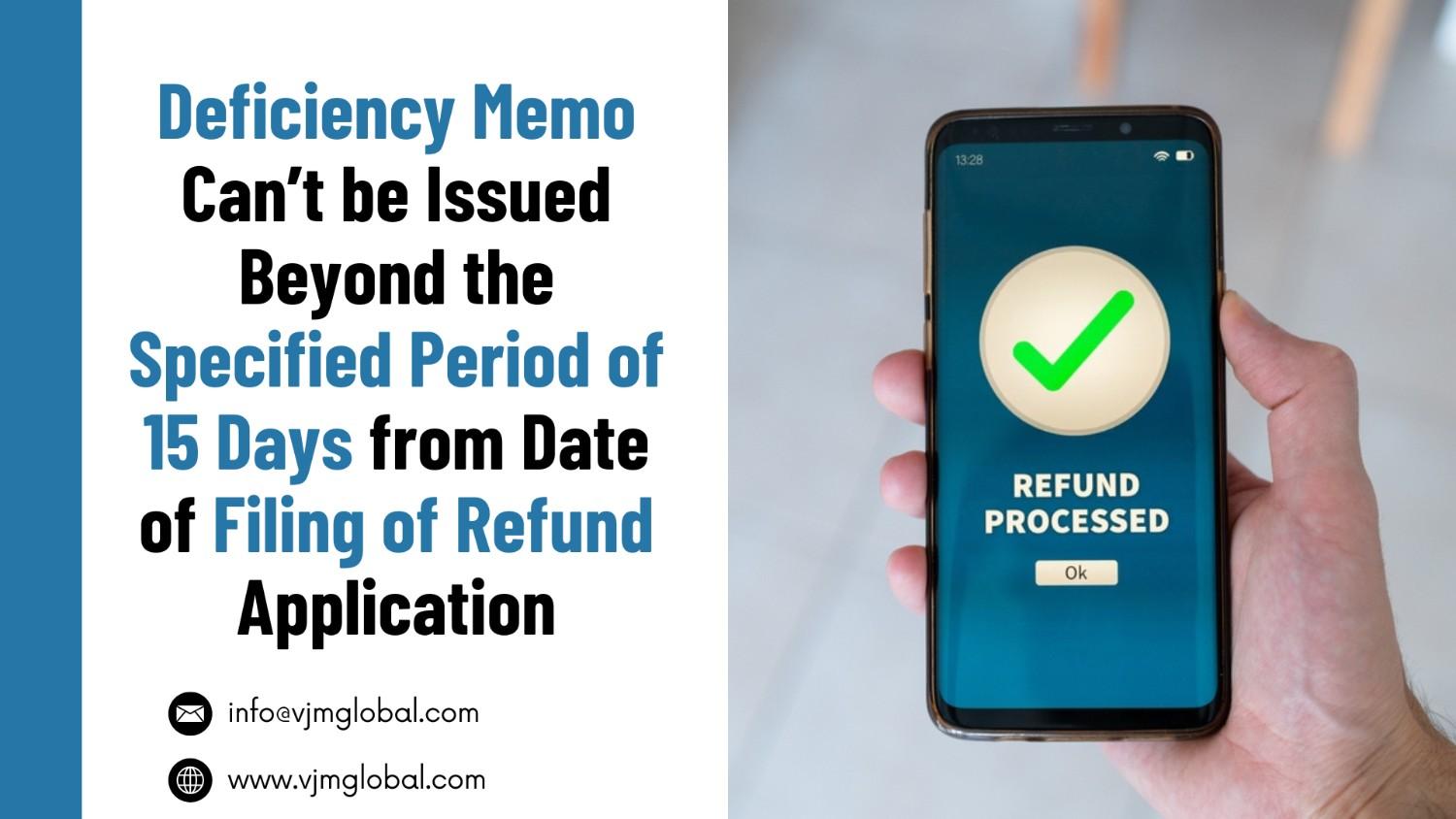Gifts are often exchanged between family members, friends, and colleagues on various occasions like weddings, birthdays, or festivals. In many cases, funds are transferred by parents in their old ages to their childs or their spouses. However, before giving any amount as a gift, the very first question that comes to mind is the taxability of such an amount under the Income Tax Act.
Both the recipient and provider think about the consequences of giving gifts. A common question that emerges are:
- Whether the gift received will be taxable in hands of the recipient;
- Whether the transferor is required to pay any income tax on such an amount.
To provide some clarity on this matter, we have provided a detailed overview of how gifts are taxed in India and what all exemptions are available related to gifts. In this article, you can gain knowledge about various provisions relating to the taxability of gift received by an individual or a Hindu Undivided Family (HUF) i.e. sum of money or property received by an individual or a HUF without consideration or a case in which the property is acquired for inadequate consideration.
1. Taxability of Gift under the Income Tax Act
In General, any gift, other than gifts for which any exemption is given under Income Tax Act, received by any person is taxable under Section 56 of the Income Tax Act as “Income from other Sources” at normal tax rates.
2. Categorisation of Gift
Under Income Tax Act, gifts are classified in the following categories:
- Monetary Gift
- Any sum of money received without consideration can be termed as a ‘monetary gift’.
- Movable Property as Gift
- Movable properties received without consideration can be termed as a ‘gift of movable property’.
- Movable properties received at a reduced price (i.e. price paid is less than the actual price of the property), can be termed as ‘movable property received for less than its fair market value.
- Immovable Property as Gift
- Immovable properties received without consideration, it can be termed as a ‘gift of immovable property.
- Immovable properties acquired at a reduced price (i.e. for inadequate consideration), can be termed as ‘immovable property received for less than its stamp duty value.
3. Taxability of Monetary Gift
- The taxability of monetary gifts is dealt with by Section 56(x) of the Income Tax Act.
- Under the Income Tax Act, gifts are taxed based on the value of the gift and the relationship between the donor and the recipient.
- In the case of monetary gift, Any sum of money received by an individual or Hindu Undivided Family (HUF) without consideration is taxed as income under the head "Income from other sources". Monetary gifts can be received in cash, cheque, Drafts, etc.
- However, no tax is required to be paid if the aggregate value of the gift does not exceed INR 50,000.
- Therefore, if the value of the gift exceeds INR 50,000, the recipient will be required to pay tax on the entire amount received as per their income tax slab rate.
Example: If a taxpayer receives a gift of Rs.45,000 on his birthday from a friend, since, the aggregate value of the gift does not exceed INR 50,000, therefore, the recipient is not required to pay tax on the entire amount.
However, if the gift amount changes to INR 55,000 then taxpayers will be required to pay tax on the entire INR 55000.
4. Taxability of Immovable property received as a gift
4.1 Immovable Property received without consideration
In the following cases, immovable property received without consideration by an individual or HUF will be charged to tax under the head “Income from other sources::
- Immovable property, being land or building or both, is received by an individual/HUF.
- The immovable property is a ‘capital asset’ within the meaning of section 2(14) for such an individual or HUF.
- The stamp duty value of such immovable property received without consideration exceeds Rs. 50,000.
4.2 Immovable Property received with improper consideration
- Apart from receiving immovable property without consideration, there can be scenarios where the immovable property is received with less consideration.
- The income tax act contains provisions for taxing the same as well.
- As per Section 56(x)(b)(B) of the Income Tax Act, in the case where the immovable property is received for a consideration that is less than the stamp duty value of such immovable property then such difference (Stamp duty value- Consideration) shall be charged to income tax.
- However, the such difference amount shall not be charged to income tax if it does not exceed higher of the following amount:
- INR 50000
- An amount equal to 10% of the consideration
- Example
Section 56(2)(x) – Taxability on Inadequate Consideration for Immovable Property
| Particulars |
Example 1 |
Example 2 |
| Stamp Duty Value of Immovable Property |
₹50,00,000 |
₹60,00,000 |
| Consideration Paid |
₹47,00,000 |
₹47,00,000 |
| Difference between Stamp Duty Value and Consideration |
₹3,00,000 |
₹13,00,000 |
| Threshold Limit (Higher of ₹50,000 or 10% of Consideration) |
₹4,70,000 |
₹4,70,000 |
| Income Chargeable to Tax u/s 56(2)(x) |
NIL |
₹13,00,000 |
5. Taxability of movable property received as a gift
5.1 Moveable Property received without consideration
- As per Section 56(x)(c)(i) of the Income Tax Act, Any moveable property received without consideration is chargeable to income tax under the head “Income from other sources” where the aggregate fair market value of the movable property exceeds INR 50,000.
- However, if the fair market value does not exceed INR 50,000, no income tax shall be levied on the same.
- Movable property means:
- shares and securities;
- Jewellery;
- archaeological collections;
- Drawings;
- Paintings;
- Sculptures;
- any work of art; or
- bullion;
- Considering the above meaning of movable property, no income tax shall be levied on any movable property which is not covered in the above definition. E.g., Nothing will be charged to tax in respect of a television set received as a gift, because a television set is not covered in the definition of prescribed movable property.
5.2 Moveable Property received with inadequate consideration
- In the case where any movable property is received without adequate consideration, i.e., consideration paid is less than the Fair Market value of the property, then the such difference shall be charged to Income tax if it exceeds INR 50,000.
- Example
Section 56(2)(x) – Movable Property Received for Inadequate Consideration
| Particulars |
Example 1 |
Example 2 |
| Fair Market Value of Movable Property |
₹70,000 |
₹70,000 |
| Consideration Paid |
₹50,000 |
₹15,000 |
| Difference Between FMV and Consideration |
₹20,000 |
₹55,000 |
| Threshold Limit for Exemption |
₹50,000 |
₹50,000 |
| Income Chargeable to Income Tax |
NIL |
₹55,000 |
6. Exemption from Taxability of gift
- Section 56 provides for gifts received in various situations and from various persons which are not subject to Income tax irrespective of the gift amount.
6.1 Gifts received from specified persons
- Money or property received from any relative is not subject to income tax irrespective of the amount of the gift.
- For this purpose, “Relative” means:
- In the case of Individual
- spouse of the individual;
- brother or sister of the individual;
- brother or sister of the spouse of the individual;
- brother or sister of either of the parents of the individual;
- any lineal ascendant or descendant of the individual;
- any lineal ascendant or descendant of the spouse of the individual;
- spouse of the person referred to in items (B) to (F); and
- In the case of HUF, relative means any member of the HUF
6.2 Gifts received in specified circumstances
Gifts received on the following occasions is not liable to Income tax irrespective of the value of the gift and relation with the person who is giving the gift:
- on the occasion of the marriage of the individual; or
- under a will or by way of inheritance; or
- in contemplation of the death of the payer or donor, as the case may be; or
- from any local authority as defined in the Explanation to clause (20) of section 10; or
- from any fund or foundation or university or other educational institution or hospital or other medical institution or any trust or institution referred to in clause (23C) of section 10; or
- from any trust or institution registered under 66[section 12AA or section 12AB]; or
- by way of transaction not regarded as transfer under clause (vicb) or clause (vid) or clause (vii) of section 47.
Example:
Section 56(2)(x) – Taxability of Gifts Based on Relation & Occasion
| Relation Between Donor and Recipient |
Occasion |
Taxability |
| Friend |
Marriage |
Not Taxable |
| Mother |
Marriage |
Not Taxable |
| Friend |
Without any occasion |
Taxable |
| Mother |
Without any occasion |
Not Taxable |
7. Frequently Asked Questions
a. Whether a threshold of INR 50,000 is available per gift or an aggregate of all gifts received during a year?
1. If a person receives gifts from his 4 friends of INR 30,000 each without any occasion. 2. In that case, a common question arises is whether the exemption limit of INR 50,000 is to be checked for each person or same is to be checked on an aggregate basis.3. The taxability of the gift is determined on the basis of the aggregate value of the gift received during the year and not on the basis of individual gifts. 4. Hence, since the aggregate value of gifts received during the year exceeds Rs. 50,000, therefore, the entire amount of INR 1,20,000 shall be charged to tax.
b. What about the Monetary gifts received from abroad?
If the aggregate value of monetary gifts received during the year by an individual or HUF exceeds Rs. 50,000 and the gifts are not covered under the exceptions discussed in the earlier part, then gifts whether received from India or abroad will be charged to tax.
c. Taxability of gifts received by non-residents from residents?
1. In case of gifts received by non-resident persons from residents, to ensure that such gifts are subjected to tax in India, the Finance (No. 2) Act, 2019 has inserted a new clause (viii) under Section 9.2. According to Clause (viii), any income arising outside India, being money paid without consideration, by a person resident in India to a non-resident or a foreign company shall be deemed to accrue or arise in India.













